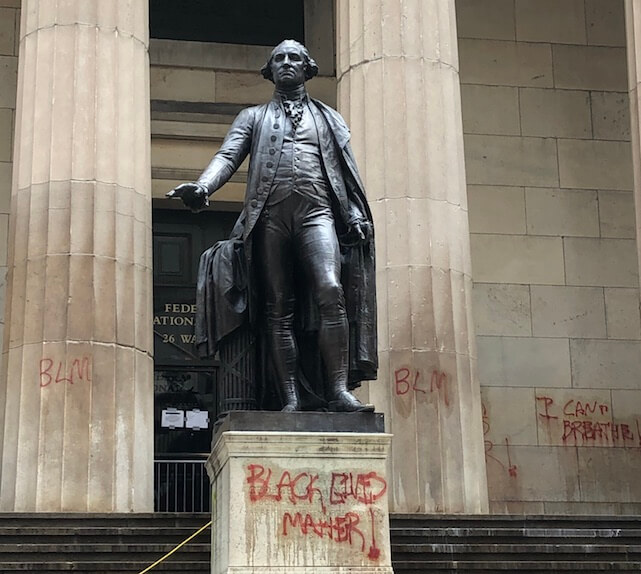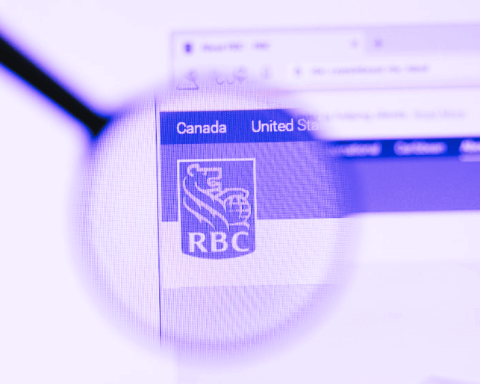For months the human and economic devastation from the COVID-19 pandemic has been hitting ethnic minority communities around the world with disproportionate force. Now, in the wake of the crisis, demonstrations have reverberated across the United States and the world after yet another brutal killing of a black person—George Floyd—in police custody. These protests against entrenched racial injustice are focussed on exposing systemic inequalities which are so deeply and painfully engrained in society and the everyday experiences of ethnic minorities around the word.
It’s long overdue for us to stand up and work together to shape a future which is just, equal, inclusive and deeply grounded in fundamental human and civil rights.
Fully addressing systemic racism and inequality will be neither simple nor straightforward, but we cannot shy away from the challenge any longer. It will require a unified approach, pulling together the voices and resources of the whole of society—including individuals, community groups, policy-makers, corporations and investors—putting those most impacted at the heart of the conversation.
Today we’re calling on the PRI community and all responsible investors around the world to answer this call to action. As long-term stewards of capital we have the ability, and in fact the duty, to create change not only through our words, but also through our actions in leveraging the global financial system.
As long-term stewards of capital, we have the ability, and in fact the duty, to create change not only through our words, but also through our actions in leveraging the global financial system.
As part of our investment processes, we must prioritise engagement on ESG issues which directly and indirectly perpetuate inequality. To hold corporations and policy-makers to account, we must push for public disclosure on racial diversity and related metrics by which we can assess progress against concrete outcomes.
We must work to tackle inequality through embedding the UN Guiding Principles for Business and Human Rights into our investment process. Enabling awareness, facilitating education and ensuring a trusted safe space for people to effectively promote respect for human rights is paramount. And we must work to support and maintain our democratic institutions as an important pillar that underpins fair and just societies and the rule of law. This includes facing issues around modern slavery and human trafficking in supply chains, labour force reform, living wages and social protections for employees.
We must also reflect inward at the composition of our portfolios, the stakeholders we work with and invest in and the diversity, inclusion and values within our own workforce. Our industry has a long way to go to achieve these things. We’re urging the global financial services community to join us at the PRI in recommitting to make these issues our top priority, both within our own organisation and the world we operate in.
Racism, discrimination and inequality are entrenched in both the personal and systemic foundations of our society and they will continue to violate the human rights of black people unless we confront them head on. Responsible investors have a powerful platform and a critical role to play in creating a better future. We must seize this moment in history to listen, learn and seek solutions together.
Fiona Reynolds is the CEO of the UN-supported Principles for Responsible Investment, or PRI. A version of this article was first published on unpri.org.







